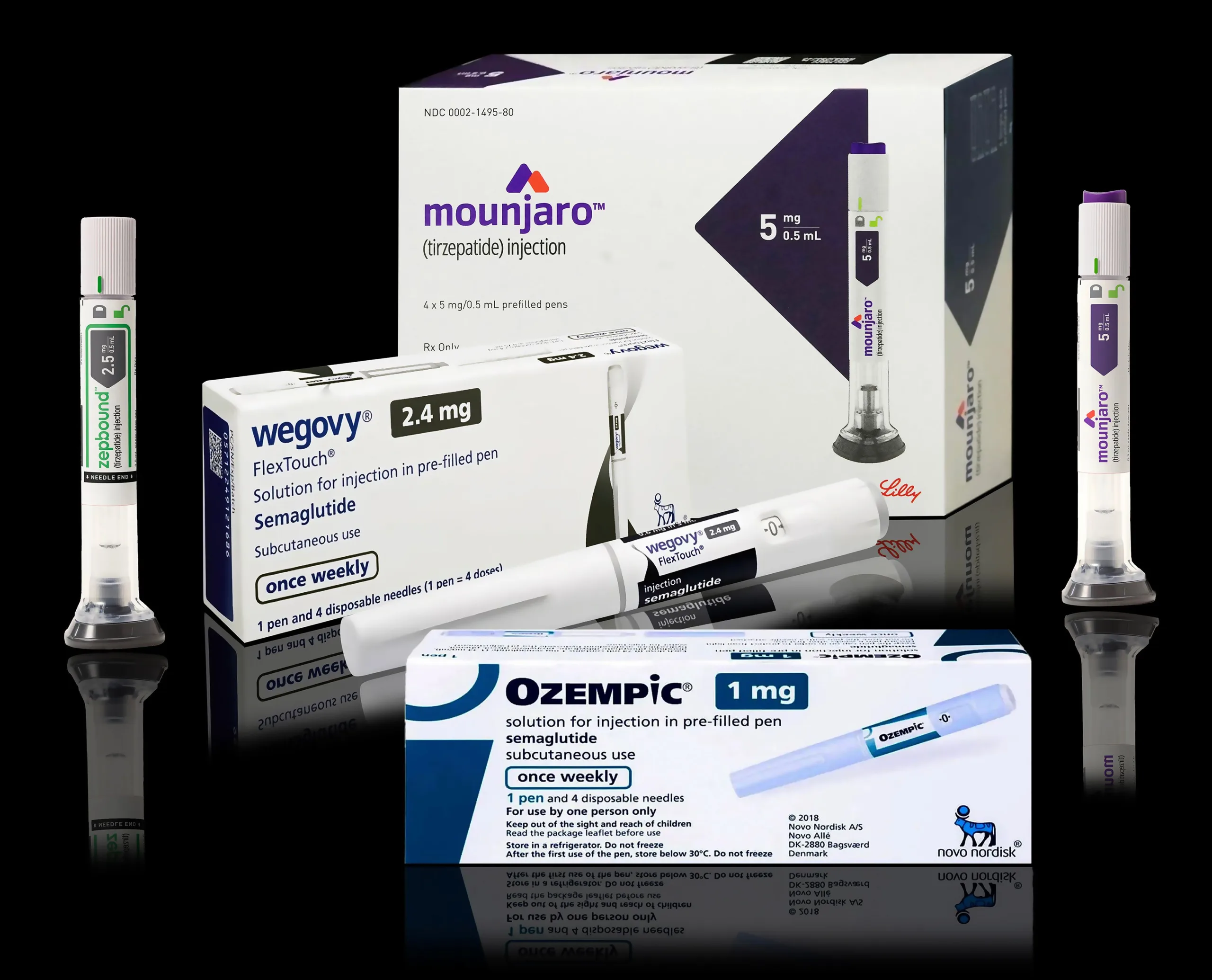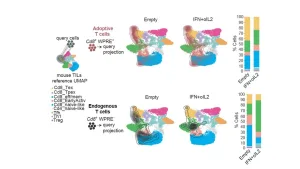New Guidelines Issued on GLP-1 Drugs and Obesity Treatment
Major medical organizations have recently endorsed a new advisory concerning the use of GLP-1 drugs and comprehensive approaches to obesity treatment. This guidance aims to standardize and improve healthcare practices surrounding these medications and therapies.
Understanding GLP-1 Drugs
GLP-1 drugs, or glucagon-like peptide-1 receptor agonists, have become increasingly popular for managing type 2 diabetes and, in some cases, obesity. These medications work by mimicking the effects of the natural GLP-1 hormone in the body, which helps to regulate blood sugar levels and promote weight loss.
How GLP-1 Drugs Work:
- Stimulate insulin release when blood sugar levels are high.
- Suppress glucagon secretion, which reduces glucose production in the liver.
- Slow down gastric emptying, leading to a feeling of fullness and reduced appetite.
Key Recommendations in the New Advisory
The newly endorsed advisory provides several key recommendations for healthcare professionals regarding the use of GLP-1 drugs and obesity treatment.
Comprehensive Patient Evaluation:
A thorough evaluation of the patient’s overall health, medical history, and lifestyle is crucial before initiating GLP-1 drug therapy.
Individualized Treatment Plans:
Treatment plans should be tailored to the specific needs and goals of each patient, considering factors such as age, weight, and co-existing health conditions.
Lifestyle Modifications:
Emphasizing the importance of lifestyle modifications, including a balanced diet and regular physical activity, alongside GLP-1 drug therapy.
Monitoring and Follow-Up:
Regular monitoring and follow-up appointments are necessary to assess the patient’s response to treatment and make any necessary adjustments.
The Role of Obesity Treatment
Obesity is a complex, chronic disease that requires a multifaceted approach to treatment. GLP-1 drugs can be a valuable tool in managing obesity, but they should be used in conjunction with other strategies.
Components of Effective Obesity Treatment:
- Dietary changes: Focus on a balanced, calorie-controlled diet.
- Increased physical activity: Aim for at least 150 minutes of moderate-intensity exercise per week.
- Behavioral therapy: Address emotional and psychological factors that contribute to overeating.
- Medications: GLP-1 drugs and other anti-obesity medications can aid in weight loss.
- Surgery: Bariatric surgery may be an option for individuals with severe obesity.
Final Words
The new advisory endorsed by major medical groups highlights the importance of a comprehensive and individualized approach to healthcare around GLP-1 drugs and obesity treatment. By following these guidelines, healthcare professionals can help patients achieve better outcomes and improve their overall health and well-being. This collaborative effort underscores the commitment to providing evidence-based care for individuals struggling with obesity and related conditions.



+ There are no comments
Add yours